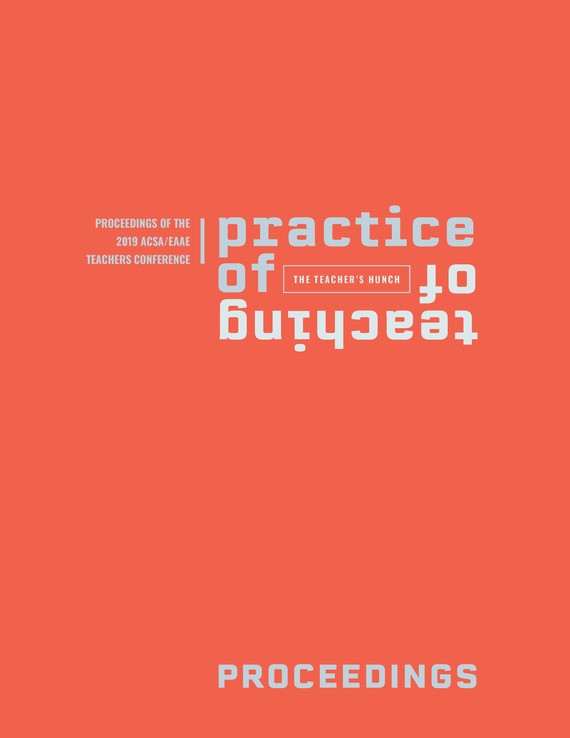Author(s): Nischolan Pillay & Yashaen Luckan
Architectural education, in the past had a grounding in a strict apprentice or pupillage method of training architects. The apprentice was someone who worked or trained under a master that transferred skill through a “hands on” approach. Architecture was regarded as one of the arts and there was no formal training to qualify one as an architect. It was through the acclaimed Vitruvius that the architectural profession was born. Vitruvius had published “Ten Books on Architecture” that led to an attempt to summarize professional knowledge of architecture and in doing so became the first recognizable architect. The architectural profession spread throughout Europe in the mid-16th century and the builder and architect became two distinct characters. Although architecture had become a profession, it wasn’t up until the late 17th century that architecture became an academic pursuit through an institutionalized educational system known as École des Beaux Arts, however the pursuit of a strict academic scholar was not the focus. At the beginning of the 1800’s, The University of Berlin in Germany forged the fundamental research and scholarly pursuit. Architecture, like the professions of medicine, law etc. became a system of academic pursuit where professors concentrated deeply on academics first and professional work second. It is through the lens of history we can decipher how architecture became an academic discipline almost de-voiding it of its vocational nature. In its current standing, various universities place a high emphasis on research output from their academic staff. Presently, architecture schools in South Africa recruit lecturers on their academic profiles, rather than their vocational experience. The approach of which has devalued the input of industry into education. It has been noted that there has been an increase in an academic pursuit rather than a professional one for the lecturers that teach architecture. This research explores the views of academics on architectural education, teaching methods and the importance of practice at South African universities. The authors of this research provide an auto-ethnographic insight into their invaluable experience of being academics at two large Universities in South Africa and concurrently run successful practices. The research makes use of a mixed method approach of secondary data from literature and semi-structured interviews posed to academics. Initial findings reveal that academics are pushing the industry to play a part in the education of architects; however, the extent must be determined. If industry plays a role in the education of architects, what factors are considered and how does this inter-twine with the academic nature of training? What strategies are academics employing to make sure students are vocationally well trained and academically capable? Another important question to ask is what qualities make an academic architect in the 21st century?
https://doi.org/10.35483/ACSA.Teach.2019.22
Volume Editors
Richard Blythe & Johan De Walsche
ISBN
978-1-944214-23-4

 Study Architecture
Study Architecture  ProPEL
ProPEL 
